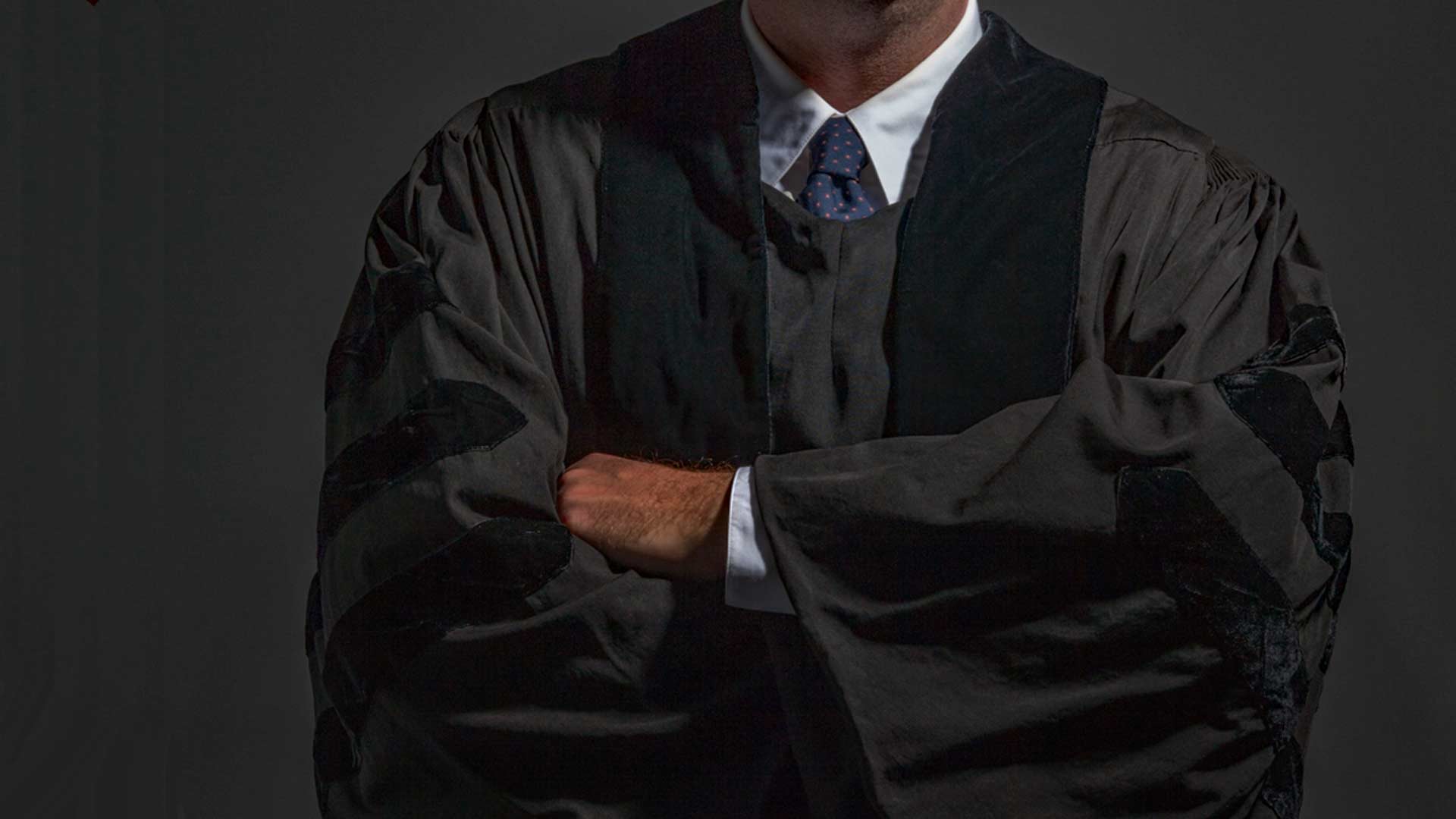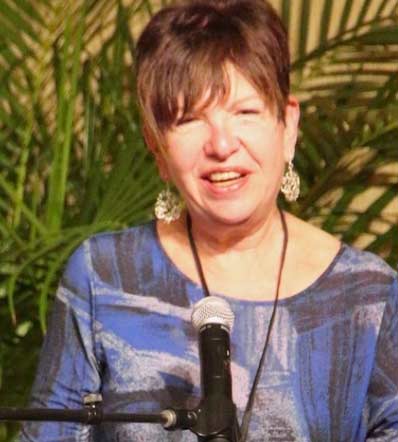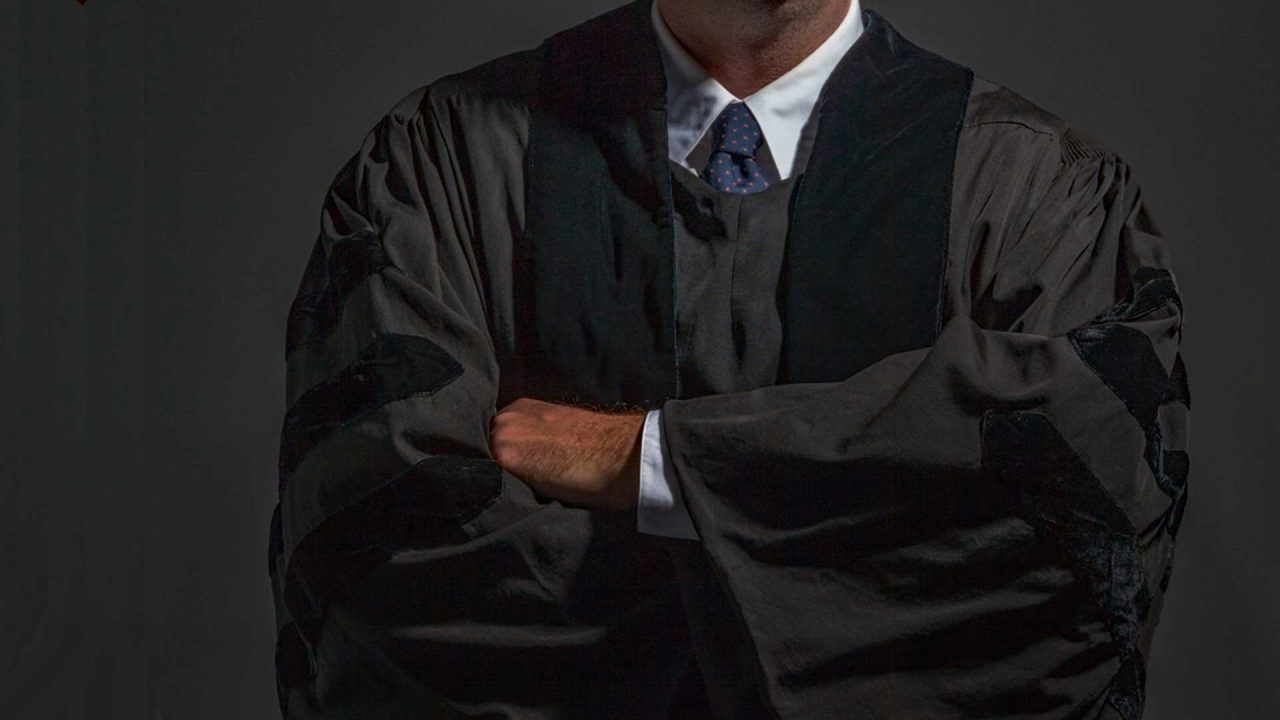
In an unusual show of public participation at Alaska Judicial Council hearings, roughly 30 Kenai Peninsula area residents turned out for a Jan. 23 public testimony on the nine applicants who applied to serve on the Kenai Superior Court.

Many of the testifiers were long-time judicial reform advocates and citizens concerned about the lack of public accountability or oversite of Alaska judges and the Alaska Court System as a whole.
Overwhelmingly, they urged the council to accept the application of Public Defender Lacey Jane Brewster, and to forward her name as someone Gov. Mike Dunleavy could consider when replacing retiring Judge Jennifer Wells.
Ultimately, however, the Judicial Council rejected Brewster’s application, and forwarded just four of the nine applicants on to the governor for consideration. As is standard practice, they offered the public no rationale for why Brewster’s application was denied.
The seven-member Judicial Council is constitutionally empowered to block or approve any applicants who wish to serve on state courts, including the Alaska Supreme Court. The governor can only appoint nominees that meet the Judicial Council’s approval as “the most qualified.”
The unelected Judicial Council includes three members appointed by the governor and approved by the Legislature, three members appointed by the Alaska Bar Association, and the chief justice of the Alaska Supreme Court – also a member of the Bar. Conservatives have long complained that it’s nearly impossible to seat a constitutionalist judge because the left-leaning Bar Association always enjoys a 4-3 majority on the Judicial Council.
Brewster was viewed by most of the Kenai public testifiers as an applicant who was at least open to letting a grand jury investigate the judicial system. She graduated cum laude in 2016 with a law degree from Cincinnati College and has since worked as a public defender for the State of Alaska.

She and eight others applied to fill the vacancy created by retiring Kenai Judge Jennifer Wells, who has been a source of frustration for judicial reform advocates working to safeguard and empower the right of citizen grand juries to investigate Alaska’s judicial system, including judges and other public officials.
Wells has served as an Alaska judge for more than 30 years, mostly as a magistrate judge. In 2017, Gov. Bill Walker appointed her to the Superior Court in Kenai.
This past summer, Wells was embroiled in controversy when judicial reform advocates associated with a quickly growing group called Alaskans for Grand Jury Rights wrote a complaint against her to Gov. Mike Dunleavy and Attorney General Treg Taylor, as well as to members of the Alaska Legislature.
The complaint accused Wells of violating Alaska’s Constitution by wrongfully interfering with a grand jury investigation into Marla Greenstein.
As the executive director of the Alaska Commission on Judicial Conduct, Greenstein has been Alaska’s only judge investigator for the past 34 years.
Haeg has gathered what he says is strong evidence that Greenstein has falsified official investigations and certified documents to keep corrupt judges on the bench.
In June of 2022, the Kenai grand jury had voted to initiate an investigation into public corruption within Alaska’s judicial system. Prior to any witnesses being sworn or evidence presented to the grand jury, Judge Wells ordered the grand jury to stop investigating and permanently dismissed all jurors from duty.

This prohibited them from seeing or hearing any accusations or possible evidence that Greenstein had falsified official investigations or certified documents in order to keep allegedly corrupt judges on the bench.
David Haeg, who heads up Alaskans for Grand Jury Rights, wrote the complaint letter to Dunleavy and Taylor, back in July of 2022.
He noted that Article 1 of the Alaska Constitution states, “The power of grand juries to investigate and make recommendations concerning the public welfare or safety shall never be suspended.”
Furthermore, Haeg’s letter cites comments by the delegates who wrote Alaska’s Constitution, in which they affirmed that grand juries are intended to provide the public with “independent oversight” of government officials and agencies.
Given what he believes are clear violations of these grand jury rights, Haeg requested a meeting between several judicial reform advocates, Dunleavy, Attorney General Taylor and several Alaska legislators to discuss the situation.
In particular, he wanted the grand jury, which Wells dismissed, to be called back so they could complete a “thorough and public (TV, radio, and online coverage) investigation with possible recommendations for criminal indictments.
This meeting never occurred.
ALASKA WATCHMAN DIRECT TO YOUR INBOX
Haeg now alleges that Judge Wells is retiring early (her term doesn’t end until 2026) because she knows she has committed a crime by interfering with a grand jury investigation.
Wells, however, claims she’s retiring to spend more time with family.
This past September she told Kenai Public Radio KDLL (91.9) that dealing those accusing her of keeping grand juries from investigating corruption in the court system is just part of the job.
“I mean, this job — any judicial job — half the decisions you make are probably going to make someone unhappy,” she told the radio station. “So, to some extent, that comes with the territory, having people unhappy with you for one reason or another.”
After Wells dismissed the Kenai grand jury this past June, a new one convened with the sole purpose of investigating corruption in Alaska’s judicial system.
In late November, however, the Alaska Supreme Court issued an order which rewrote the official rules governing citizen grand jury rights. In particular, the new rules suspend the ability of grand juries to investigate and indict corrupt public officials, limits who they can indict, and suggests that their investigative authority does not extend to individual court cases or queries into why the Department of Law may have declined to prosecute particular cases.
Despite their setbacks, Haeg and his allies remain resolute in fighting for grand jury rights. To date, the group has secured official resolutions and statements from the Kenai Peninsula Borough Assembly, Funny River Community Association Board, and Homer City Council all unanimously passed to protest recent violations of grand jury rights. Additionally, State Rep. Ben Carpenter (R-Nikiski) has publicly called for protection of grand jury rights.
Earlier this month, nearly 100 Mat-Su residents turned out for a presentation in which Haeg recounted his ongoing efforts. He then urged attendees to participate in a March 15 statewide courthouse sit-in to demand that the high court honor the constitution with regard to grand jury rights.









7 Comments
Thanks for doing the legwork to follow this issue.
The Left has long corrupted the legal system, mainly by pretending “there is nothing to see here”.
They know the public would never stand for it if they only knew what was going on.
AKA: The greatest trick the devil ever pulled in convincing the world he doesn’t exist.
How, in a sane World, did a “Judicial Council” .. a group of judges, ever get the constitutional right to decide who can be approved to be a judge ? This is no different from the “Good old boys club”.. Can’t have a sitting judge that may disagree with their legal positions .. When will we ever succeed in “educating” the citizens on the need for a state constitutional convention to wipe this kind of judicial tyranny off of the books .. That is no different from me, and my neighborhood buddies being able to decide who gets to move into the neighborhood.
Yep, another reason for the Constitutional Convention. But we know that will never happen.
You don’t need someone’s permission to exercise your rights. Carry on.
Something doesn’t smell right!!
Just saw this in an Alaska Report article and am sharing: Formal Request for Immediate Impeachment of All Five Alaska Supreme Court Justices
https://alaskagrandjurorsassociation.org/public-requests/formal-request-for-immediate-impeachment-of-all-five-alaska-supreme-court-justices/
Alaskans lost their real chance to make changes when they voted down a chance to review the state constitution. So now they are reaping the consequences. Maybe this particular problem might be fixed via a constitutional initiative, but getting one through the Alaska legislature is like pulling teeth. The legislature just blocks them. Still, short of a revision of the state constitution these things will continue to be a problem.